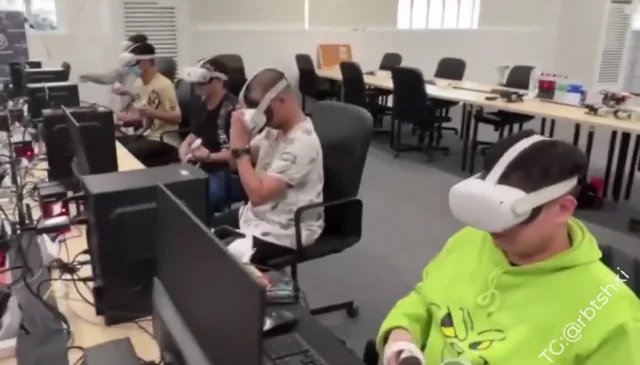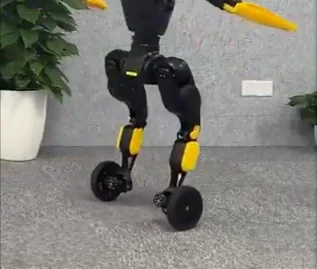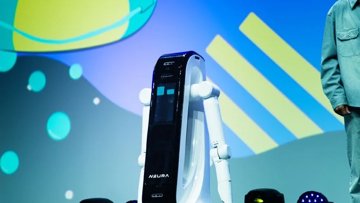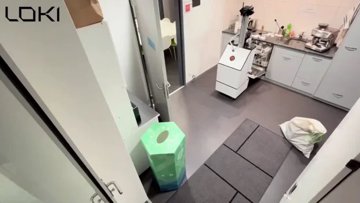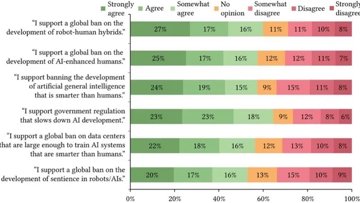Hold onto your bento boxes, folks, because the future just dialled up the ‘weird’ factor to eleven. Japanese convenience store giants like FamilyMart and Lawson are tackling their notorious labour crunch with a rather ingenious (and slightly unsettling) solution: shelf-stocking robots.
But if you’re picturing sleek, fully autonomous automatons gliding silently through the aisles, think again. The secret sauce here is decidedly more human – a pilot, to be precise, expertly navigating the metallic marvel from thousands of miles away in the sun-drenched Philippines. This veritable ballet of globalised labour is all orchestrated by Tokyo-based startup Telexistence Inc., who’ve unleashed hundreds of their rather aptly named TX SCARA robots to tackle the mind-numbing (and back-breaking) task of replenishing those ever-thirsty drink coolers.
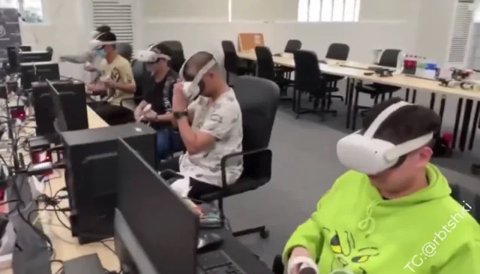
This whole setup is a truly fascinating mash-up of cutting-edge automation and shrewd outsourcing. While the robots’ resident AI, affectionately (or perhaps ironically) dubbed ‘Gordon,’ largely runs the show, it’s not quite ready for its big break just yet, stumbling in a respectable (or alarming, depending on your perspective) 4% of cases. When a robot decides to play gravity’s unfortunate victim with a can, or simply throws its digital hands up in confusion, a quick-thinking human operator at partner company Astro Robotics in Manila springs into action. They slap on a VR headset and, with the deftness of a seasoned gamer, take direct control to sort out the digital kerfuffle.
These remote pilots, earning a local call-centre-equivalent wage of around £200-£250 a month (that’s roughly $250-$315 USD, for those playing along at home), are absolute multi-tasking maestros. Each can keep an eagle eye on up to 50 robots simultaneously, offering a brilliantly cost-effective answer to Japan’s notoriously pricey and ever-dwindling labour pool.
This isn’t merely some quirky, off-the-wall fix for a regional snag; oh no, this is a blueprint for an entirely new paradigm of work, one that gleefully blurs geographic and economic boundaries with a cheeky wink. Every single manual intervention performed by our diligent Filipino operators is meticulously logged, hoovering up data to relentlessly refine the very AI that, in a deliciously ironic twist, aims to render their oversight utterly obsolete one day. So, while they’re busily untangling today’s logistical knots, they’re also, rather heroically, actively training their future robotic replacements. It’s the circle of life, alright, but with a hefty dose of latency and the distinct possibility of some rather unpleasant VR-induced cybersickness.

Why This Matters: The Future of Work, Remotely Piloted
This ingenious model isn’t just a minor tweak; it represents a seismic shift in labour dynamics, catapulting us beyond mere automation (the good old ‘robot replaces human’ trope) into the brave new world of ‘automation-powered outsourcing.’ It allows companies in high-wage nations to elegantly sidestep both exorbitant local labour costs and those ever-so-politically-charged immigration debates by, essentially, ‘cloud-sourcing’ physical grunt work to lower-wage countries. While it undeniably sparks the creation of tech-centric roles in places like the Philippines – a definite silver lining – it also firmly establishes a rather unsettling paradigm. Here, workers are essentially hired to meticulously perfect the very systems engineered to ultimately render their own jobs obsolete. Talk about a Catch-22! This, naturally, throws up some rather knotty ethical questions about the true future of global employment.
